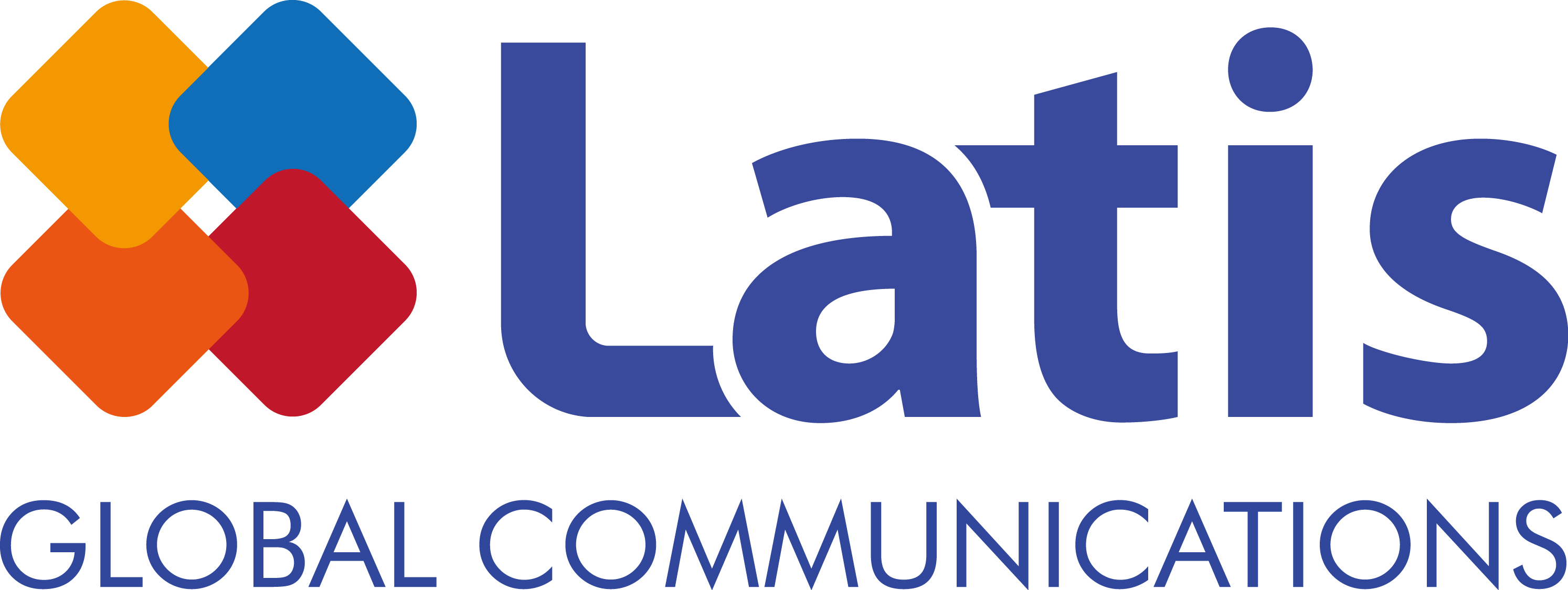
How to Improve the Quality of Game Translations?
0. What is game translation and localization?
Generally, when discussing translation, the most commonly used terms are ‘translation’ and ‘localization.’ In the game translation industry, ‘localization’ is preferred over ‘translation,’ since the type of translations gamers and game companies seek are not just translating the source language to the target language. Localization means producing results that are natural enough that gamers (users) of the target language, i.e. the language in which they consume the translated output, will not notice any disparity in their language of choice.

1. Is the quality of a localization really that important?
With the current trend of finding localization a necessity, and not an option, without ‘quality’ localization, even topnotch games will struggle to be well-received by gamers. This is in part because localization is seen as a measure of how much a game company cares about its market. Comments such as, “The game is so good, but it’s a pity the translation is so bad”, and “Why don’t they offer the game in our language?” are often seen in places where games are sold, such as the App Store or Steam. Such comments show the well-known fact that the quality of a game’s localization is directly related to user loyalty, which in turn significantly impacts revenue.
(Source: https://www.inven.co.kr/webzine/news/?news=180891&site=mogong)

2. What, then, is the best way to provide excellent localization?
– Essentially, it is important to find a localization partner who also provides impeccable translations
To produce plausible translation results, a linguistic understanding of both the source and the target language is key. In the case of the target language, an accurate understanding of how it is being used in the present is also needed. Simply put, if you are not up to date with the trending lingo in English, for example, the expressions used may be grammatically perfect but will sound awkward to the intended audience of that region (e.g. people in their 20s to 30s,) regardless of English fluency. Being fluent in contemporary jargon means having a deep understanding of the corresponding culture. And that means constant exposure to that culture’s latest contents (e.g. TV shows, movies, comics, games, novels.)

If a company is considering personally undertaking the process of localization, they will need to hire someone possessing the necessary skills. Given the time and money it takes to evaluate, hire and set it all up, hiring a company that specializes in game localization is a better option, since the right people are already in place. When selecting a localization company, confirming whether they employ native speakers in the target language, as well as requesting their work history (references) in your desired service/genre/language is crucial. For example, if the intent is to localize from Korean to English, a company whose references indicate they handle mostly English to Korean, or Korean to Japanese, might not be a good fit.
– Checking a company’s expertise is essential.
Before selecting a localization company, checking the company’s expertise is vital. Factors such as game localization company’s systematic process, their professional staff, as well as their use of professional translation tools, can help determine their level of competence.

Professional localization companies generally have a three-step process: T (Translation), E (Editing) and P (Proofreading.) After the standard translation, a bilingual reviewer corrects any mistakes/mistranslations to improve the quality of the translation. As a final point, a native-speaking reviewer checks the translation to ensure the quality of the language is not awkward in the eyes of local gamers.

It should be noted that the above process is not performed on the original source file, i.e. on Excel or Word. Instead, professional companies have localization engineers who process with the original source file using professional translation tools called CAT(Computer-Assisted/Aided Translation) Tools. All localization processes are carried out through the CAT Tools. Working with these kinds of professional tools help avoid and fix mistakes. Translation consistency can be managed more efficiently and accurately, improving the overall quality. Quality Assurance (QA,) or the process of filtering out and fixing of errors, is done by a separate professional tool.
– Understand the correlation between quality and scheduling is critical
The contributions from professionals are not the only factor that determines the caliber of localization. Even if the person localizing the work is highly skilled, without sufficient time given, the quality will not be up to par.
There are several ways to accelerate this schedule. You can increase the daily amount of work being done by increasing the number of people working on the localization. Alternatively, you can skip certain steps in the previously mentioned T, E, P process, or proceed with a light touch. These suggestions will lead to faster localization, but the probability is high that the final quality will be comparatively inferior.

If, on the other hand, when the number of people working on each step of the localization is minimized, but the amount of time is sufficient, while the length of time may be longer, the end results will be of high quality.This is why localization is a delicate balance between time and quality; professional localization companies will often suggest an optimal schedule in order to allow for a certain level of quality in their output.
Ultimately, the client’s needs are the most important and should be clearly communicated to the company. When scheduling localization, it is dictated by such factors as game development schedules, review dates and release dates. Deciding on which side to focus will make a significant difference on the final results. It is important to recognize that achieving the optimal schedule and quality at any cost may not be realistic. Focusing on the client’s goals and producing results that are the closest to such goals are paramount.
Today, we considered various elements that can influence the quality of game translation. If you would like to know more about game localization, please connect with us at contact@latisglobal.com.

